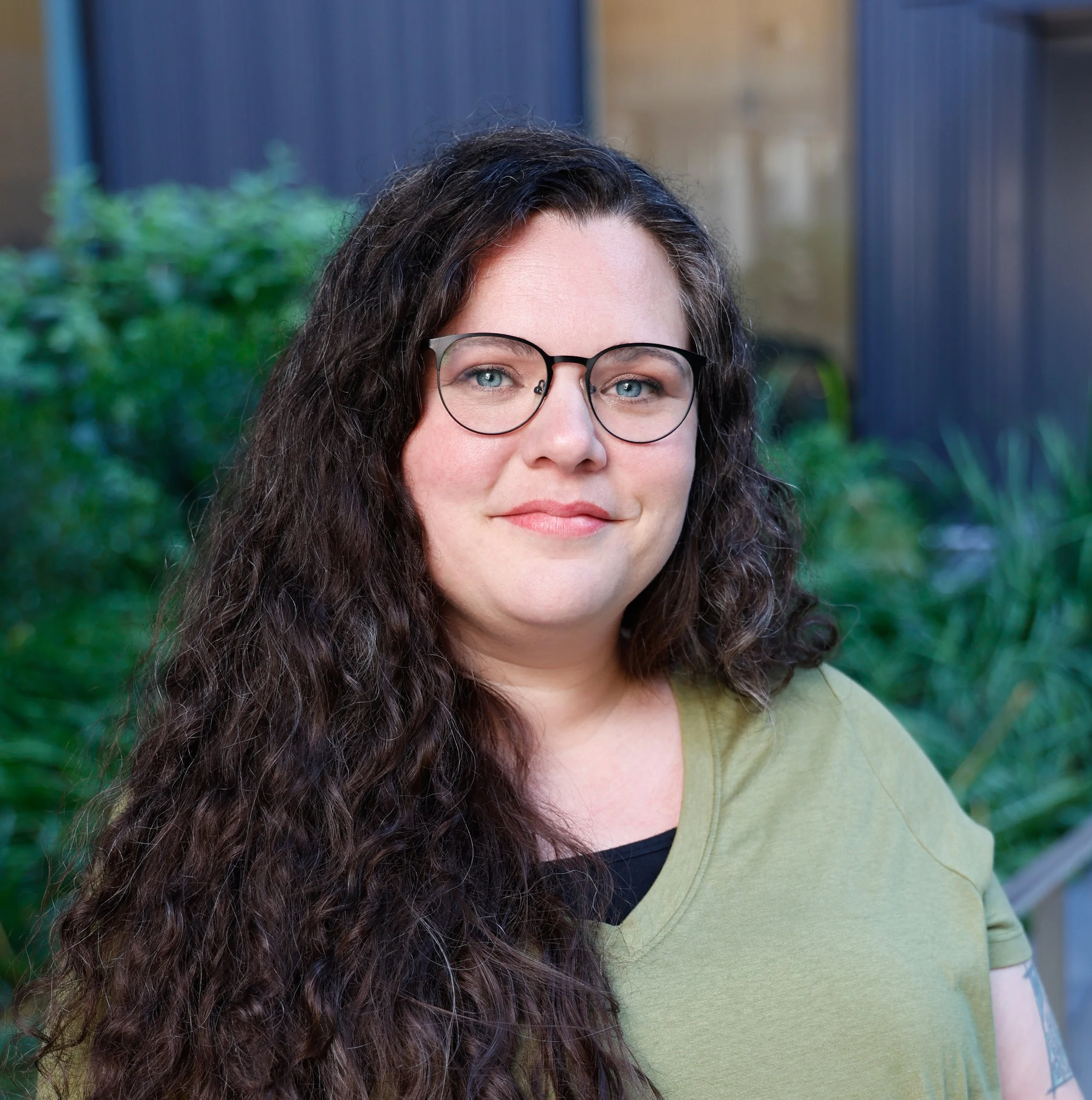Self portraits, people I’ve met along the way, and people who are important to me.
The photographer who was my mentor told me it is necessary for an artist to create self portraits, and so I did. It creates space for reflection and exploration, regardless of the medium. To him, I give my gratitude. To all of my participants, I learn from you every time we meet. Keep creating. Keep growing. Let’s go.


















